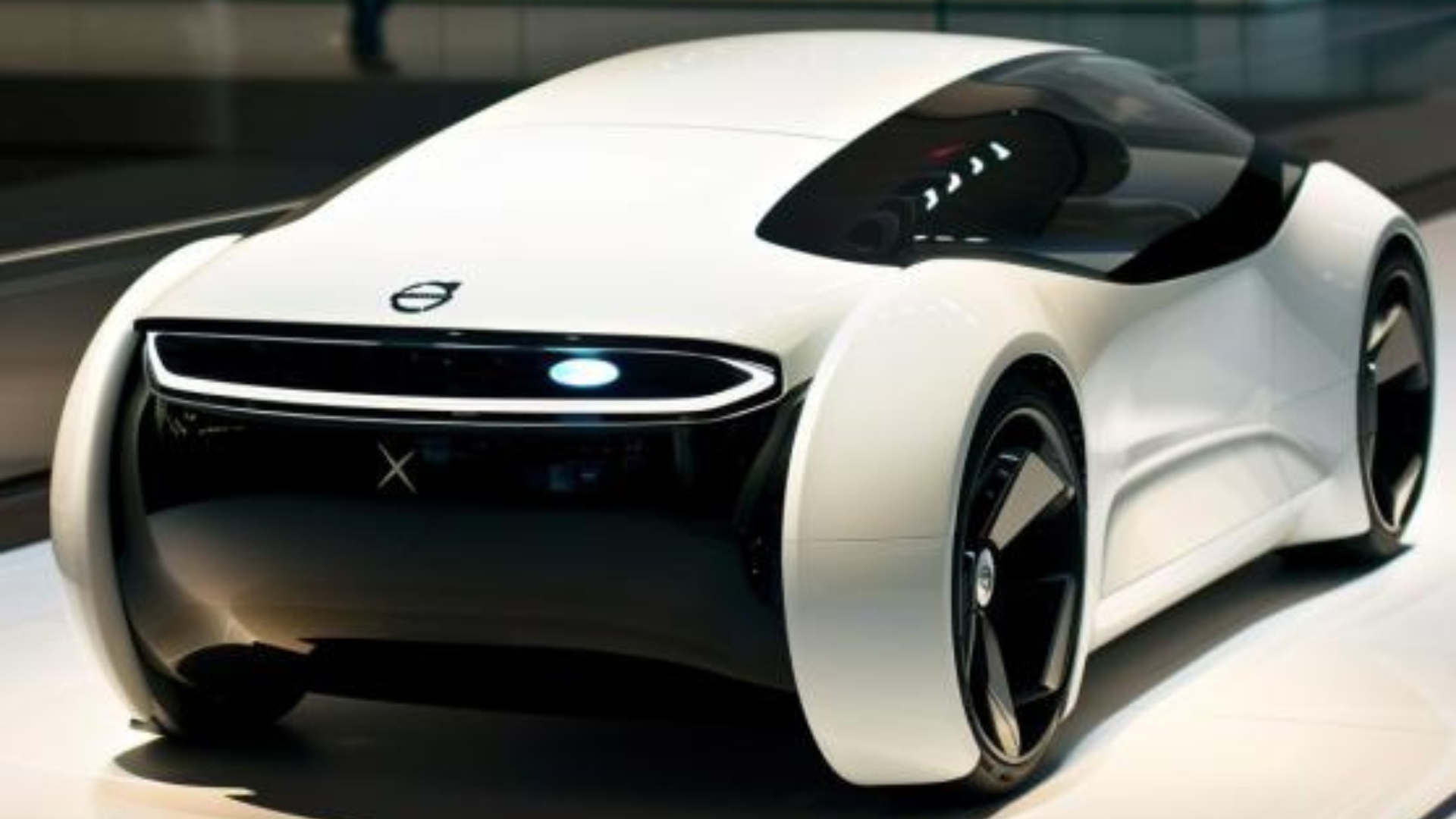Emerging technologies, innovative startups and legislative advancements are already shaping the journey towards electric and fully autonomous cars. Reshaping the landscape of personal and public transportation that is cleaner, safer and more efficient.
We are in a decade that’s setting the stage for a massive change in how we get around. Imagine roads filled with electric vehicles (EVs) and driverless cars steering themselves! It is not fiction anymore; it’s what the near future holds.
As we peer into the future, the evolution of car technology suggests a huge shift from traditional combustion engines to electric and autonomous technology, promising a revolution that prioritises sustainability, safety, and convenience.
The Evolution of Car Technology and Design
By 2030, the car scene will look totally different. The usual car brands we know might be sharing the limelight with tech companies and cool new startups like Tesla were recently. Traditional car brands may share the spotlight or even be overshadowed by tech giants and innovative startups like BYD, Canoo, Fisker, and Nio.
Electric cars are changing everything, from removing the need for air intakes and grills to introducing designs that look like they’re straight out of a sci-fi movie. Think cars with huge windows for amazing views or ones that focus on keeping things private with fewer windows.

Inside these futuristic rides, it’s all about making the car fit what you want to do. Whether you’re looking to chill, work, or even sleep, future cars and technological advances will let you rearrange the inside with just a press of a button. Plus, with new tech, cars will understand you better, whether you’re talking, gesturing, or maybe even just thinking about what you want next!
Featuring advanced cameras and sensors, concepts like the Mercedes-Benz Vision URBANETIC hint at future designs. Inside these future vehicles, flexibility and customisation will be paramount. Technologies envisioned by Volvo’s 360c concept car suggest interiors that can be adapted for relaxation, work, or sleep with just a touch of a button.
Augmented reality and connective technologies will enhance the driving experience, providing safety features and entertainment through methods like speech, gestures, and potentially even brain links.
The Road to Electrification and Autonomous Driving
The drive towards eliminating fossil fuels from our roads is gaining momentum, with ambitious targets set to ban the sale of new petrol and diesel cars. The future of vehicle fuel is still being shaped, with electric vehicles currently leading the charge.
However, challenges such as range anxiety and the need for a more comprehensive charging infrastructure are areas of focus. The potential of hydrogen fuel as a clean alternative is being explored to address these challenges.

How we think about owning cars is changing too. Especially in cities, there might be less need to have your own car when you can just get one to come to you when you need it. This idea is all about using cars more smartly and keeping our cities cleaner and less crowded.
The Pioneers of Electric Mobility
Companies from North America like Canoo and Fisker are bringing out vehicles that look and drive like nothing we’ve seen before. And it’s not just cars for driving around town. There’s also plans for electric trucks and buses to reduce pollution, reduce traffic jams and reduce reliance on heavier vehicles.
On the tech side, companies are working hard to build the charging networks we need so that electric cars can be an easy choice for everyone. Plus, there’s a lot of innovation happening to make these cars smarter and more connected.
At the same time, European and Asian companies such as Polestar and Vinfast are carving out significant niches in the global EV market. Companies like Hyzon Motors are exploring hydrogen fuel cell technology to tackle emissions from the trucking industry, one of the largest contributors to global pollution.
On the infrastructure front, ChargePoint and Zenobe Energy are laying the groundwork for a future where electric vehicles are the norm.
Navigating the Future
As we get closer to a future with more electric and self-driving cars, big tech shows like CES 2024 are giving us peeks at what’s coming. For example, Toyota is working on making cars that can be customised a lot more. Imagine being able to change how your car drives or even talks to you with a simple software update.
These changes aren’t just about cool new gadgets; they’re about making driving safer, more fun, and kinder to the planet. Toyota is even thinking about how cars can help make cities better places to live and how all sorts of vehicles, from cars to wheelchairs, can be part of this new, electric world.

Toyota’s initiative, Arene OS, represents a leap towards intelligent cars, offering drivers and passengers an unprecedented level of customization and interaction. With tools for efficient development, a Software Development Kit for integrating cutting-edge software, and user interaction mechanisms,
This, combined with the potential for on-demand modifications, opens endless possibilities for personalising the driving experience. Imagine recreating the feel of a cherished old car, a sports car, or even vehicles of the future with just a software update.
Toyota’s development of autonomous driving technology aims to achieve “zero traffic accidents” and provide “freedom of movement for all,” showing the company’s commitment to enhancing mobility while ensuring safety.
Toyota’s development of products like the JUU electric wheelchairs. These innovations are designed to enhance mobility for everyone, enrich people’s lives in diverse and meaningful ways and promises to make our roads safer.
Insights for this article have been taken from the Future of Driving, The EV Startups Shaping the Future, Cars of the Future and New Technology.

1 thought on “The Future of Autonomous Driving”
Comments are closed.